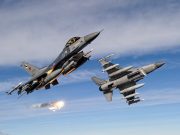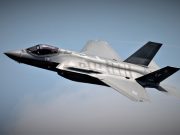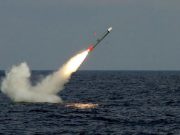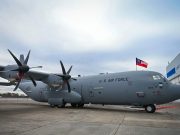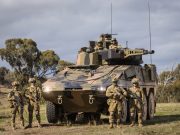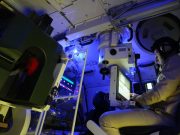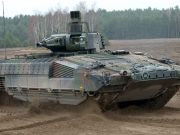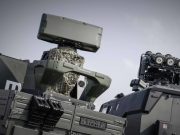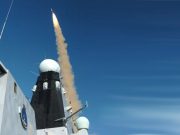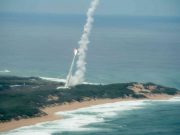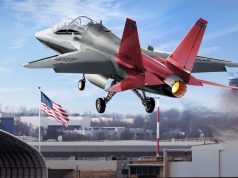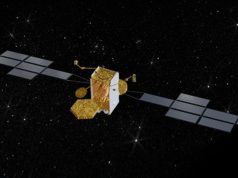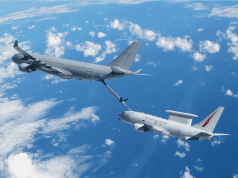The NATO Support and Procurement Agency (NSPA) has awarded contracts to three vendors to carry out risk reduction and feasibility studies (RRFS) for the Alliance Future Surveillance and Control (AFSC) initiative, which will replace the NATO fleet of Airborne Warning and Control System (AWACS) aircraft by 2035.
According to NATO, the three competitors that received 15.5 million euro contracts each include the ABILITI consortium, the ASPAARO consortium, and General Atomics.
The ABILITI consortium is led by Boeing and includes Spain’s Indra, Italy’s Leonardo, UK’s Inmarsat and and Mott MacDonald, France’s Thales, and Germany’s ESG and Lufthansa Technik.
The ASPAARO (Atlantic Strategic Partnership for Advanced All-domain Resilient Operations) consortium is led by Airbus and Northrop Grumman, and includes UK’s BAE Systems, Canada’s MDA Systems, Norway’s Kongsberg, Spain’s GMV Aerospace, Poland’s Exence S.A., and IBM and Lockheed Martin from the United States.
While General Atomics is not in a consortium, it will work with ViaSat, Leidos, Raytheon, Rohde & Schwarz, Saab Sensis, Sener Aerospatiale and Leonardo.
The risk reduction and feasibility studies will help redefine the next steps on how NATO will conduct surveillance and control after the planned retirement of the AWACS fleet around 2035.
NSPA awarded the contracts after launching the feasibility study tender in July 2021 to develop and analyse the feasibility of three promising concepts identified during the initial high-level concept studies. 65 companies were nominated to participate in the bidding. The agency said it awarded three contracts, one per study, from the seven bids received.
Each contractor will now develop and detail a realistic technical concept and analyse its feasibility and risks for implementation. A team of NATO and national experts will further assess these three technical concepts to support the selection of a final technical concept.
“The award of RRFS contracts is a significant step in the concept stage, bringing us very close to our final goal of taking key decisions on future surveillance and control capabilities. We are very happy to see strong industry players and specialist companies teaming up for these contracts to enable the analysis of a wide range of requirements and propose innovative solutions”, said Dr. Cagatay Soyer, NSPA AFSC program manager.
“The current crisis situation is a reminder that vigilance as well as surveillance and control capabilities are of key importance to the defense of the alliance. The focus is on a cross-domain fully distributed system to create the most reliable, resilient and capable solution for NATO’s future surveillance and control,” said Michael Schoellhorn, CEO of Airbus Defence and Space.
NATO’s search for the successor to the AWACS fleet runs concurrent with a US Air Force search, which began with a request for information (RFI) released to industry in February this year.


